Last Updated on May 25, 2024 by Daniele Lima
Don’t know how to use your 13th month pay? Check out these tips to make the best decision regarding your money
The end of the year is approaching and with it the great expectations of many workers… the thirteenth salary! The plans for how to spend or invest it are as diverse as possible, but this decision is often not as simple as it seems.
A survey carried out by Exame magazine shows that 45% of workers intend to pay off debts with the installment received. Others choose to travel, pay a down payment on a car, renew their look, spend it all on gifts at the end of the year, or simply save it. And now?
Which is the most sensible decision to make, with such an amount and so many destinations?
The ideal is to think very carefully before acting, associated of course with researching information that talks about the subject and helps you choose the best path. That’s what you’ll see in this article, where we’ll explore seven ways in which you can invest your thirteenth:
Table of Contents
1 – Create an emergency fund
Using your savings to create an emergency fund is a smart financial strategy that can ensure your financial security in unexpected situations.
Decide how much you want to save in your emergency fund. Typically, an emergency fund should be 3 to 6 times your monthly expenses.
Analyze your monthly expenses, including important bills like housing, food, transportation, and insurance. This will help you determine how much emergency funds you need.
Plan your year-end budget, including your thirteenth. Determine how much you can allocate for essential expenses and an emergency fund.
As soon as payday arrives, set up an automatic transfer of your paycheck to your emergency fund. This way, you won’t spend money before you can save it.
2 – Eliminate High Interest Debts
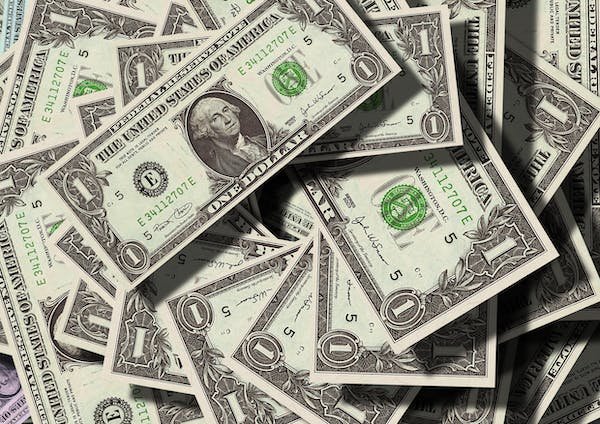
If you have high-interest debt, such as a credit card or personal loan, a good suggestion is to use it to pay off part or all of the debt. Paying off high-interest debt is one of the best investments you can make because it guarantees a return in the form of interest savings.
A good start is to identify high-interest debts, such as high-interest credit cards, personal loans, or other types of unsecured debt. Then, sort your debts by interest rate and prioritize those with the highest interest rates. This will help you focus your resources where they can have the biggest impact.
Carefully analyze your monthly expenses, creating a realistic budget. Make sure you can pay your basic expenses before you get into debt.
When you receive your thirteenth salary, immediately set aside a large portion to pay off the debt. Consider investing most of that money in debt with the highest interest rates.
A good option is to contact your high-interest debt creditors and try to negotiate better terms. In this case, companies often try to reduce interest rates or offer more flexible payment plans.
Remember that having an emergency fund is an essential safety net to face unexpected financial situations, provide peace of mind, and avoid unnecessary debt. The decision to use your thirteenth to create or enhance this fund is a financially wise and prudent decision.
3 – Invest in your retirement
Investing in your retirement is a smart long-term decision that can help ensure an economically secure future.
Signing up for a personal pension or increasing your corporate pension is a way to take advantage of tax benefits and ensure a more accommodating retirement.
Consider investing part of your 13th in a personal pension fund. These funds are designed especially for retirement and offer tax benefits in some countries. They can invest in a variety of assets including stocks, and bonds, and choose installment plans.
Check if it is possible to make extra contributions to your social security system. This could increase the value of your future retirement. Many systems allow voluntary contributions, which can be a good way to use your thirteenth.
If you choose to use your thirteenth as an investment for retirement, you are thinking long-term. Keep your retirement plan up to date and reevaluate it periodically as your financial situation and goals fluctuate.
Remember, retirement planning should be an ongoing and consistent part of your financial life. Cash day is a valuable opportunity to strengthen your retirement efforts, but it’s important to continue investing regularly throughout the year to successfully achieve your retirement goals.
4 – Diversify your investment portfolio
If you already have an emergency fund and no high-interest debt, consider diversifying your investments using your thirteenth.
A diversified investment portfolio can include investments in stocks, bonds, real estate, and mutual funds. This diversification helps reduce risk and increases the likelihood of solid returns over time.
Justify your investment choices based on your goals. For example, if you are thinking about retiring, it might be wise to consider long-term investments such as shares or pension funds.
The saying goes “Don’t put all your eggs in one basket”. Diversity is one of the keys to reducing risk. Consider assigning a thirteenth to several asset classes, including stocks, bonds, real estate, and alternative investments.
Assess your risk appetite and investment horizon. If you don’t want to take risks, you can opt for more traditional investments, such as bonds. If you are willing to take the risk, you can allocate some of it to stocks or mutual funds.
5 – Educate yourself about cryptocurrencies
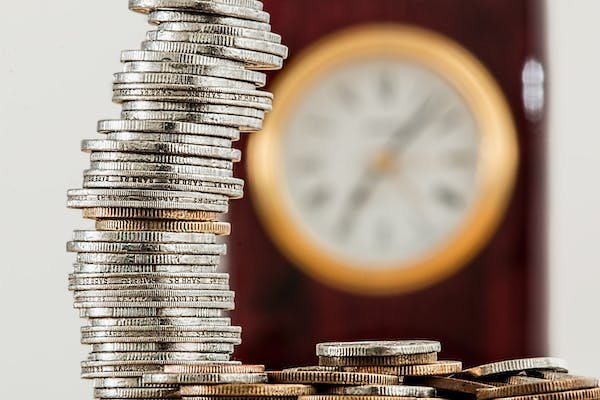
Cryptocurrencies have grown in popularity in recent years. If you are willing to take more risks, consider investing part of your thirteenth in cryptocurrency. However, it is important to understand that the cryptocurrency market is fickle, and investing in cryptocurrencies can be risky.
Cryptocurrencies have grown in popularity in recent years. If you are willing to take more risks, consider investing part of your thirteenth salary in virtual currencies. However, it is important to understand that the cryptocurrency market is fickle, and investing in it has its risks.
Invest a small part of your money in books, magazines, and articles related to cryptocurrency. There are many good quality resources written by experts to help you improve your knowledge.
Participate in forums and social networks where the cryptocurrency community gathers. Participating in discussions, asking questions, and learning from other knowledgeable people can be a valuable way to gain insights.
Reserve part of the thirteenth to subscribe to our newsletter or access our website which keeps you up to date with the latest news and trends in the world of cryptocurrencies.
Instead of investing your thirteenth money directly into cryptocurrency, consider using some of it to create a fake wallet. This allows you to invest without putting any real money at risk.
Here, we will provide a redirection link to our special article focused on answering questions and clarifying everything about cryptocurrency.
6 – Consult a financial advisor
Consulting a financial broker to manage your 13th asset is a good idea to make the most of these financial benefits. The 13th salary, in case you don’t have much experience in the subject. A financial advisor can help you evaluate your financial goals, and risk tolerance, and create a personalized investment plan. paying off debts, investing, saving for emergencies, or making a consumer dream come true.
It is important to understand how taxes will be charged on the day they are received and how this will affect your year-end income. Your financial intermediary can advise you on how to minimize your tax exposure and ensure tax compliance, where applicable.
Consulting a financial broker is also a great opportunity to learn more about financial management. They can provide accurate information on how to make more informed and assertive financial decisions.
Excitement in spending at the end of the year is very common, which is why financial consultancy can help you avoid mistakes that could compromise your financial situation in the future.
Remember, consulting a financial broker is a smart decision to maximize the value of your third dollar and ensure it is used consistently to meet your personal financial needs. But as each case is different, your financial broker can provide guidance tailored to your individual circumstances.
7 – Monitor and adjust your investments
Investing is not a single, isolated decision. It is an ongoing process that encompasses several factors. Regularly monitor your investment performance and prepare for any necessary adjustments. Diversify and actively manage your portfolio for long-term success.
Keep in mind that your ideal investment strategy will vary greatly depending on your individual goals and financial situation.
When deciding how to allocate these additional resources, it is important to first make informed choices and consider your long-term goals.
Conclusion:
In conclusion, making your thirteenth income is a rich opportunity to improve your financial situation, and consequently build a more secure future.
Not giving in to all the temptations of consumerism at the end of the year is an excellent start to educating yourself financially.
Doing all the advance planning, acquiring basic knowledge, or delving deeper into economic management, is an attitude that can guarantee you a stable financial future. If this step is to start the project using your thirteenth, rest assured that you will be planting a great seed.
13th month pay – FAQ:
Are 13th month pay taxable
The tax on 13 months’ salary varies from country to country. In many jurisdictions, it is classified as ordinary income and is subject to income tax. For example, in the Philippines, 13 months’ salary is tax-free up to a certain threshold, and amounts above that are taxable. Employees should check local tax laws or seek the advice of a tax advisor to understand specific tax consequences. Aside from tax implications, there’s also the importance of protecting against unforeseen liabilities and preparing to receive your 13th paycheck.
What is 13th month pay
The 13th month is an additional payment made to employees, usually at the end of the year. It is equivalent to one month’s salary and is designed to help employees pay extra for holidays or reward them for a year’s work. These benefits are available in many countries and provide financial support to employees, allowing them to pay for expenses such as holiday expenses, debt payments or savings. Payroll 13 can have a significant impact on an employee’s financial planning and year-end expenses.
How to compute 13th month pay
To calculate your 13th month salary, you need to divide the total salary you earned throughout the year by 12. For example, if the employee’s annual salary is $36,000, 13 months of payments would be $36,000 divided by 12, which equals $3,000. This calculation ensures that 13 months’ pay equals the employee’s regular income. Employees should check their payslips and employment contracts to understand their average salary and check whether their 13-month salary has been calculated correctly.
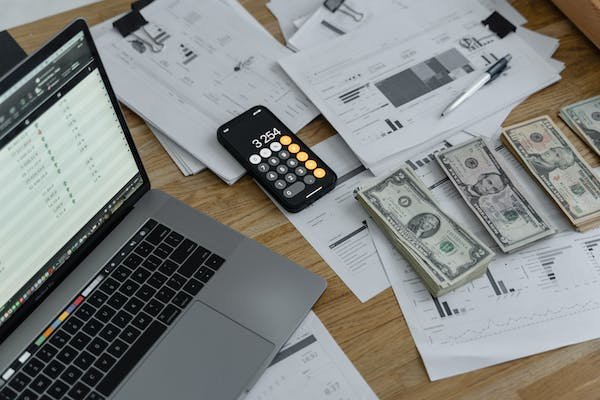

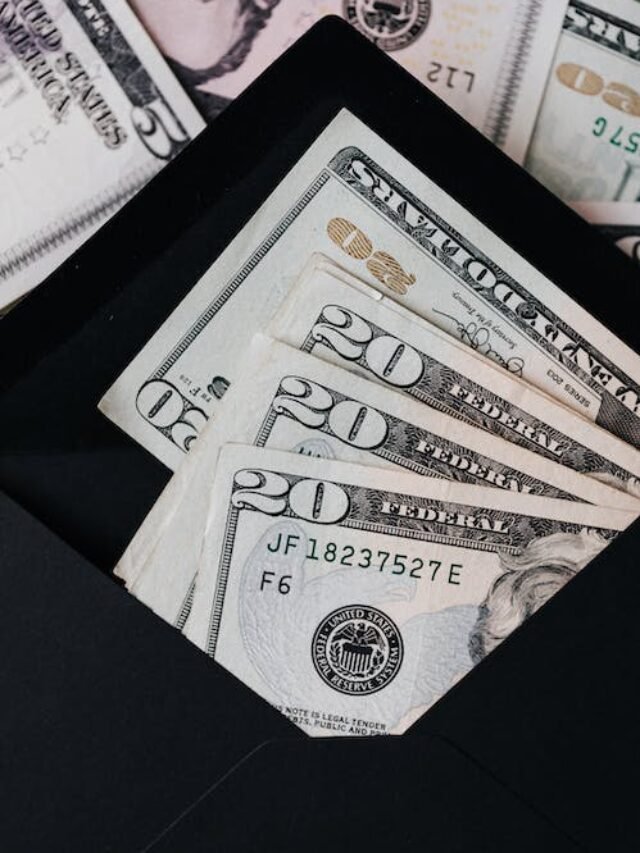





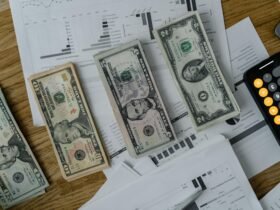

Leave a Reply